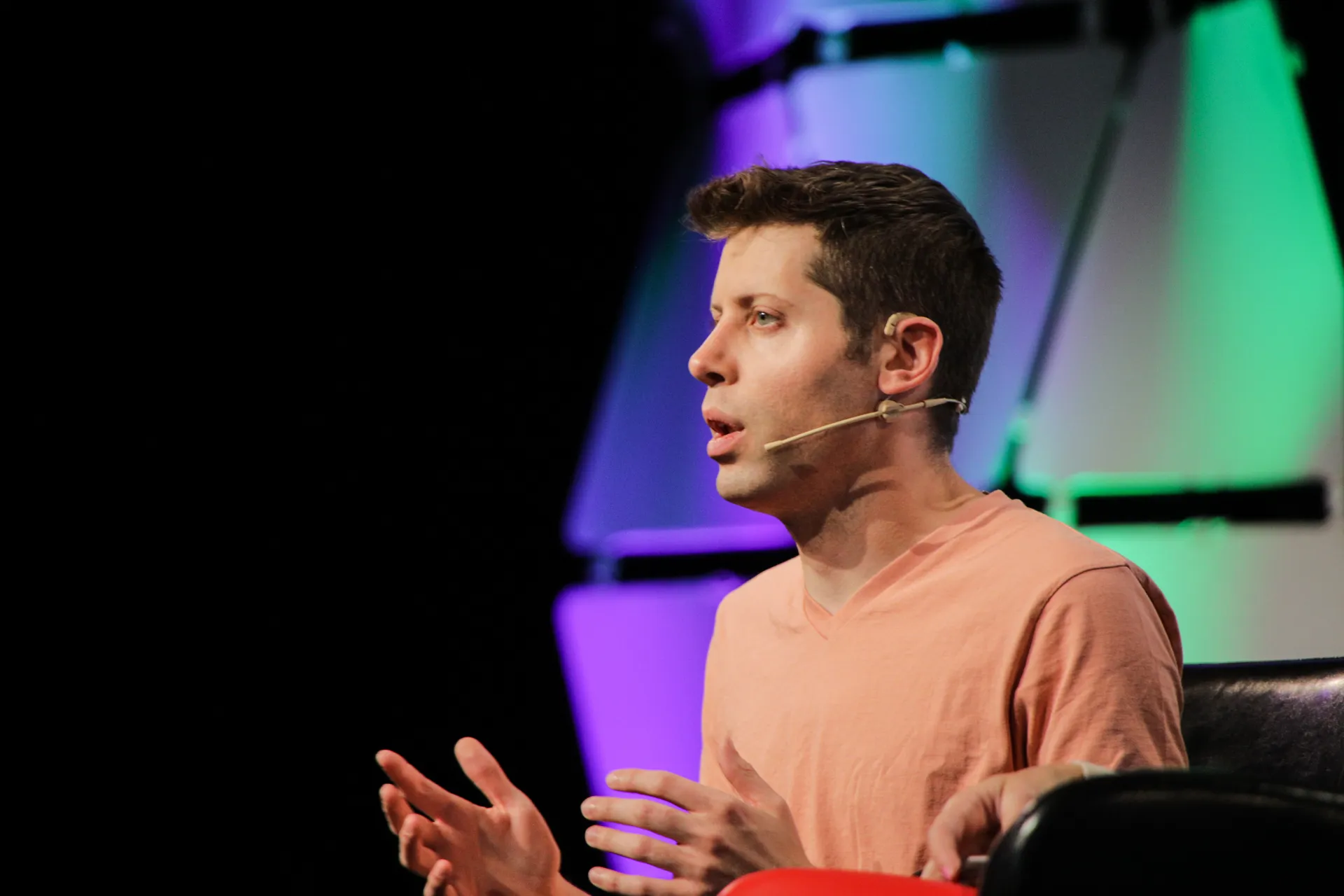Introduction: An Insider’s Alarm on AGI Risks
William Saunders, a former member of the technical staff at OpenAI, delivered a critical testimony before the U.S. Senate Committee on the Judiciary’s Subcommittee on Privacy, Technology, and the Law on September 17, 2024. Saunders’ testimony painted a stark picture of the imminent risks posed by the rapid development of Artificial General Intelligence (AGI), urging lawmakers to implement strict oversight and regulatory measures to mitigate potential harms.
The Race to AGI: Progress and Peril
Saunders detailed his experience working at OpenAI, emphasizing that companies like OpenAI are aggressively pursuing the creation of AGI—highly autonomous systems capable of outperforming humans in most economically valuable tasks. This pursuit is fueled by substantial financial investments, and the race is marked by rapid technological advancements. A recent milestone achieved by OpenAI’s new system, GPT-o1, exemplifies this trajectory. Saunders recounted how the AI system excelled in a prestigious international computer science competition, demonstrating capabilities that surpass human experts in critical domains.
However, Saunders warned that while the technological strides are remarkable, they bring significant societal risks, including economic disruptions, cybersecurity threats, and the potential for AGI systems to assist in creating biological weapons. He highlighted that OpenAI’s latest AI system has already shown early signs of such dangerous capabilities, signaling a need for rigorous testing and oversight that is often overshadowed by the rush to deployment.
Security Gaps and Internal Failures at OpenAI
Saunders raised serious concerns about OpenAI’s internal security practices, noting that the company’s security protocols were frequently insufficient. During his tenure, vulnerabilities in the system could have allowed engineers to bypass access controls, exposing the company’s most advanced AI models, including GPT-4, to potential theft. Despite public claims of taking security seriously, Saunders argued that OpenAI’s internal practices did not always align with these assurances.
Saunders also shed light on the Superalignment team at OpenAI, a group tasked with ensuring that AGI systems behave safely and as intended. He revealed that the team struggled with inadequate resources, eventually leading to its disbandment after key researchers and leaders resigned. This, he suggested, was emblematic of the broader industry issue where rapid development is prioritized over safety and alignment efforts.
A Need for Regulatory Intervention
Saunders’ testimony stressed the need for a robust regulatory framework to oversee AI development. He argued that the incentives for rapid progress, which often lead companies to bypass necessary safety measures, necessitate government intervention. Saunders endorsed proposals for third-party testing of AI systems before and after deployment, with results made publicly available. He highlighted the importance of independent oversight bodies to enforce these standards, referencing legislative proposals by Senators Richard Blumenthal and Josh Hawley as steps in the right direction.
Moreover, Saunders called for improved whistleblower protections, arguing that insiders need safe and legal avenues to report concerns about AI risks. He pointed out that current protections are inadequate, as they often focus only on illegal activities rather than the broader, unregulated risks posed by advanced AI systems.
A Collective Call for Accountability
In addition to his testimony, Saunders referenced a letter signed by current and former employees of AI companies, published on righttowarn.ai. The letter calls on AI companies to commit to principles that would facilitate open communication about risks without fear of retaliation. It advocates for anonymous channels for employees to report risk-related concerns to boards, regulators, and independent experts. The letter underscores the need for transparency and accountability, emphasizing that public and scientific oversight is crucial for technologies that pose significant societal risks.
The Urgent Need for Oversight and Action
Saunders concluded his testimony by reiterating his loss of confidence in OpenAI’s ability to self-regulate its pursuit of AGI responsibly. He warned that without robust regulatory mechanisms, the rapid development of AGI could lead to catastrophic outcomes. Saunders’ call to action is a stark reminder that while the potential benefits of AI are vast, so too are the risks, and without proper oversight, the consequences could be dire.
As AI technology continues to evolve, Saunders’ testimony serves as a critical insider’s perspective, highlighting the urgent need for comprehensive regulatory frameworks to safeguard society from the unintended consequences of AGI.
For further reading, explore the detailed regulatory proposals outlined by Senators Blumenthal and Hawley on Senate.gov.





